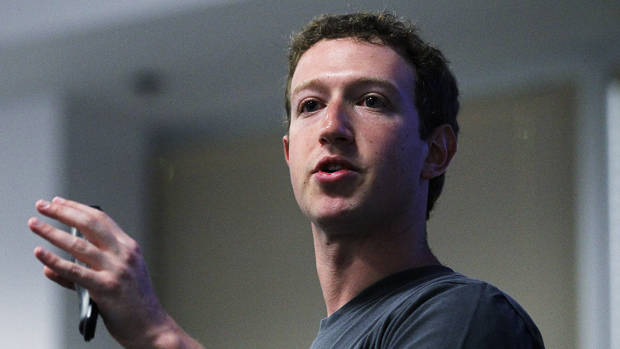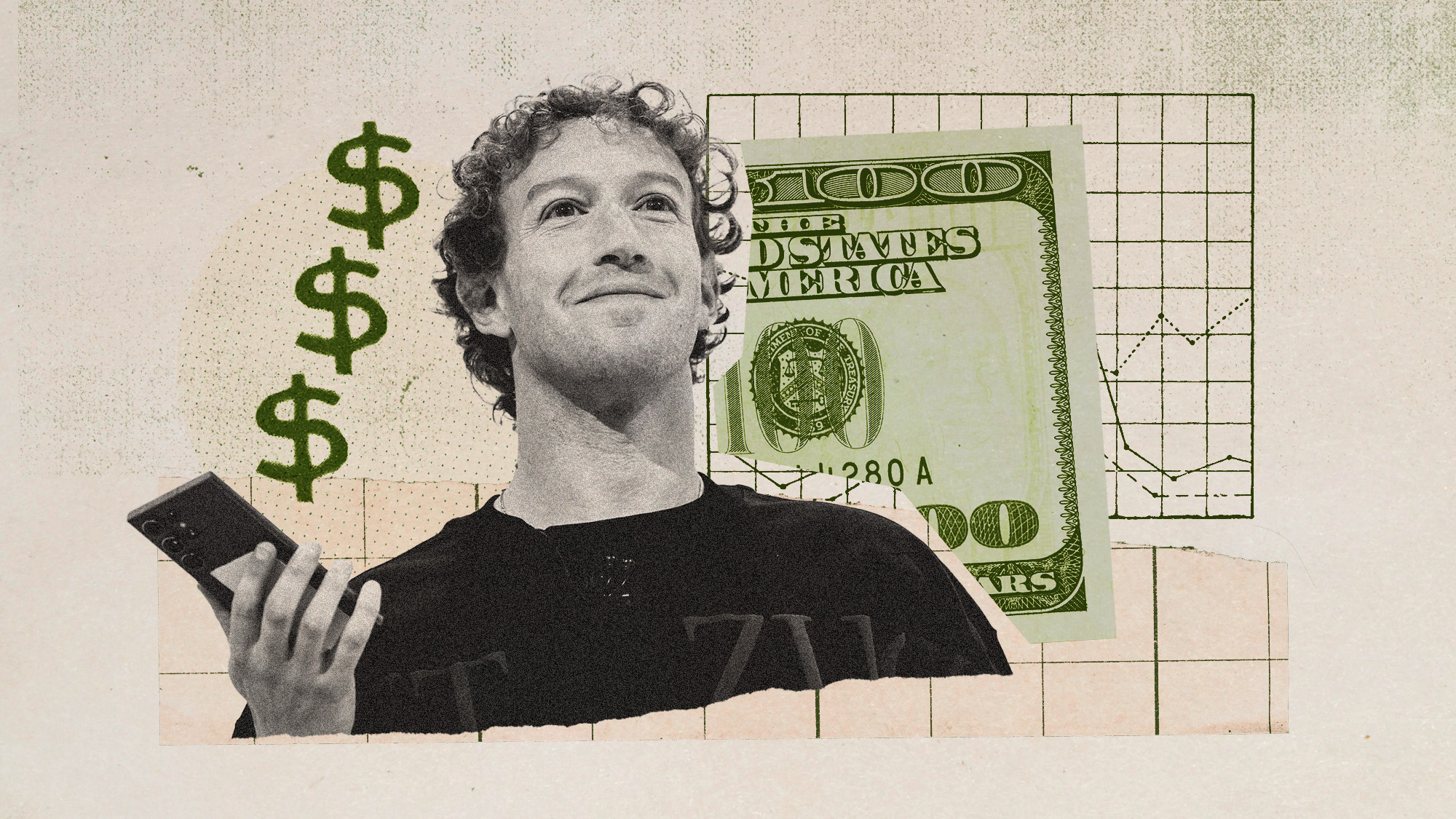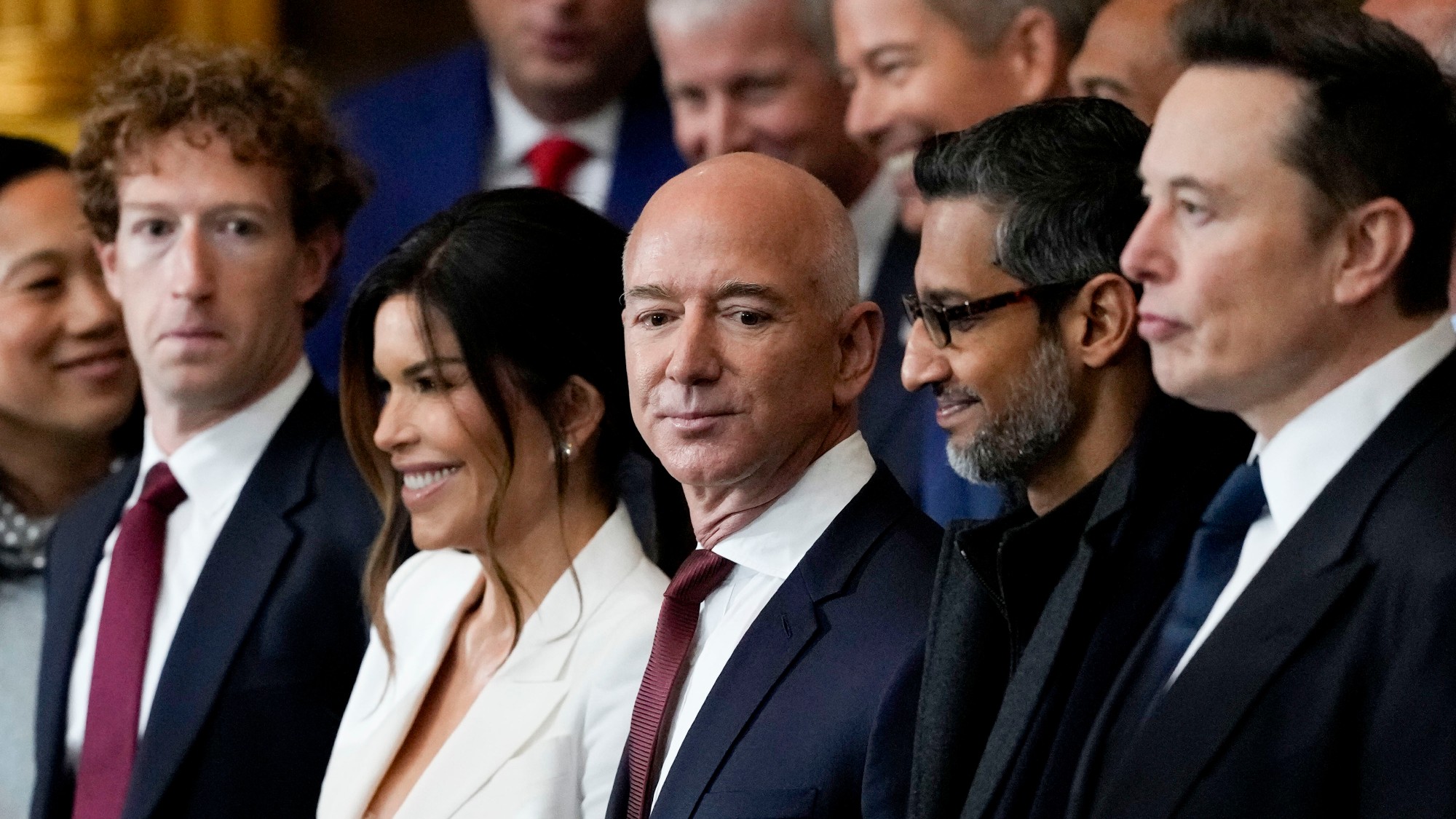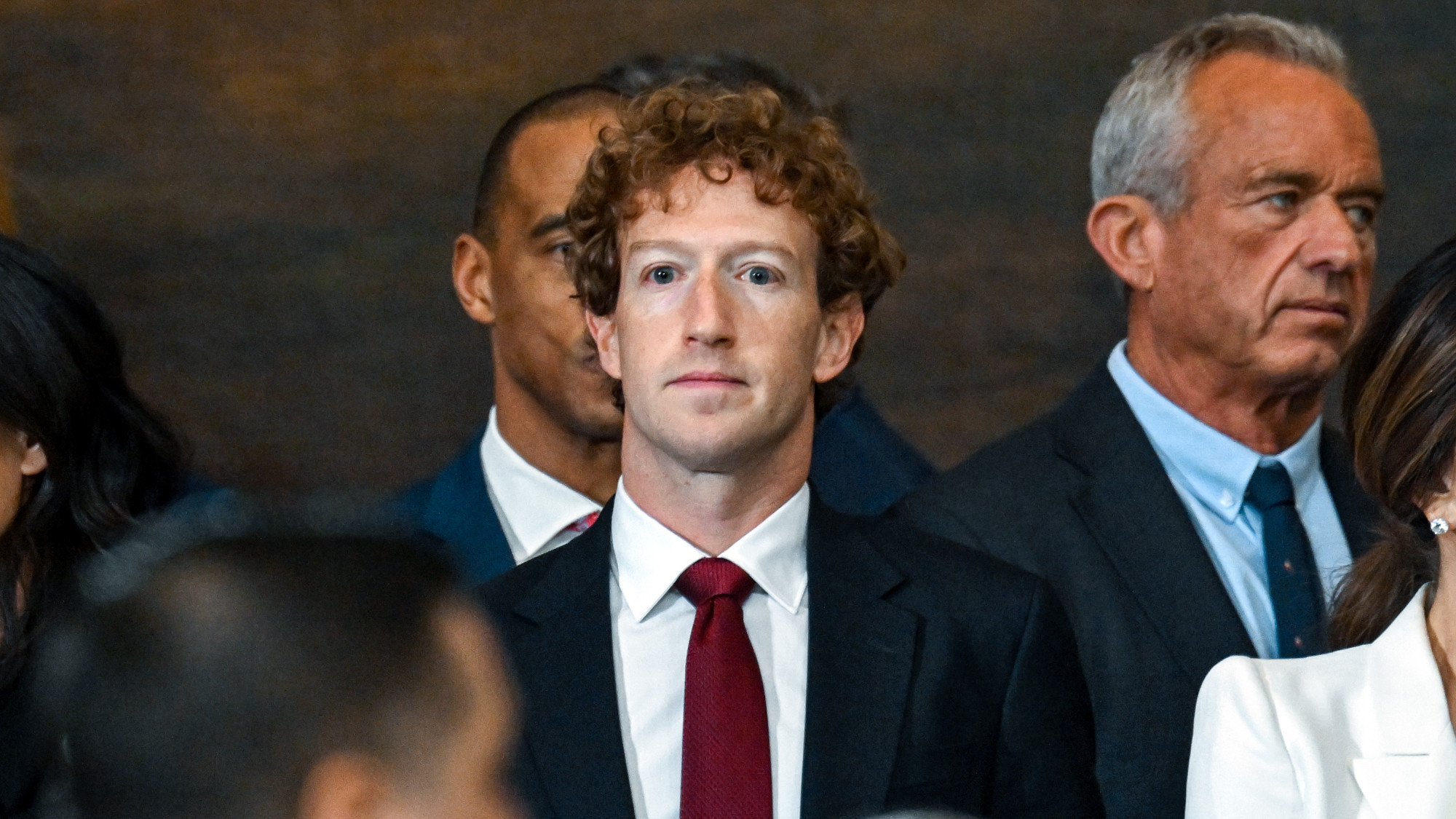Can Mark Zuckerberg lecture Barack Obama on privacy?
Zuckerberg has often been accused of a lax attitude to internet privacy, but the NSA revelations may have changed that

A free daily email with the biggest news stories of the day – and the best features from TheWeek.com
You are now subscribed
Your newsletter sign-up was successful
FACEBOOK CEO Mark Zuckerberg telephoned US President Barack Obama yesterday to express his frustration over the US government's electronic surveillance of the internet.
Zuckerberg made the announcement in a message posted on his Facebook page, in which he said he was "confused and frustrated" by the actions of the US authorities. "When our engineers work tirelessly to improve security, we imagine we're protecting you against criminals, not our own government," he told Facebook users.
The 29-year-old Facebook founder said that the US government "should be the champion for the internet, not a threat".
The Week
Escape your echo chamber. Get the facts behind the news, plus analysis from multiple perspectives.

Sign up for The Week's Free Newsletters
From our morning news briefing to a weekly Good News Newsletter, get the best of The Week delivered directly to your inbox.
From our morning news briefing to a weekly Good News Newsletter, get the best of The Week delivered directly to your inbox.
His criticism comes after the revelation that the US National Security Agency (NSA) even posed as Facebook to try and fool surveillance targets' into logging on and giving away passwords, the BBC reports.
A number of major internet companies have expressed concern over the government's attitude to internet privacy. Last month senior executives from Facebook, Google, Microsoft, Yahoo, Twitter, AOL and LinkedIn called on the US government to sign an agreement not to collect bulk data.
But some argue that Facebook's own lax approach to data protection dilutes the potency of Zuckerberg's attack.
So does Facebook have the right to admonish the government over privacy concerns? And why do the major internet companies care about your secrets in the first place?
A free daily email with the biggest news stories of the day – and the best features from TheWeek.com
How Facebook embraced anonymityBefore Facebook, the default position for online communication was anonymity, says Business Week. Zuckerberg changed all that, encouraging users to create Facebook pages with their own real name, then to use that identity around the web. Zuckerberg once told David Kirkpatrick, author of /The Facebook Effect/, that "having two identities for yourself is an example of a lack of integrity".
The issue of whether users should be allowed to communicate using pseudonyms has reportedly been a matter of fierce debate within Facebook. After holding out for years Zuckerberg last month did a volte-face saying "if you're always under the pressure of real identity, I think that is somewhat of a burden".
Some believe that Zuckerberg's directional shift may have been motivated by the company's dip in growth, particularly among younger users.
Studies indicate that 18 to 29-year-old internet users are adopting new services that allow more flexibility and privacy in the way content is shared.
Snapchat, for example, which permanently erases content after transmission, has experienced explosive growth in the last year – so much so that Facebook offered to buy the company in December for $3bn cash.
Why trust mattersSo why does user privacy matter to businesses? Primarily, it is because users are the lifeblood of any digital company, and if they lose trust in a service they might stop using it. Google and Facebook sell advertising against users' browsing habits, so it is essential for their business models that users keep turning up.
Earlier this month the European Commission vice president Neelie Kroes said that allegations of spying by the NSA and other agencies had significantly diminished public trust in the internet, the BBC reports. "Trust can never again be taken for granted," she said.
The information leaked by former NSA contractor Edward Snowden had come as a "wake-up call", and people should not "snooze through it", Kroes said.
Recent efforts by Google, Microsoft and Facebook to distance themselves from government surveillance may be a matter of principle, but they also happen to align with their collective corporate interest.
So does Zuckerberg have the right to lecture Obama about internet privacy? He may not have the right, but he certainly has an interest.
-
 ‘Restaurateurs have become millionaires’
‘Restaurateurs have become millionaires’Instant Opinion Opinion, comment and editorials of the day
-
 Earth is rapidly approaching a ‘hothouse’ trajectory of warming
Earth is rapidly approaching a ‘hothouse’ trajectory of warmingThe explainer It may become impossible to fix
-
 Health insurance: Premiums soar as ACA subsidies end
Health insurance: Premiums soar as ACA subsidies endFeature 1.4 million people have dropped coverage
-
 Is social media over?
Is social media over?Today’s Big Question We may look back on 2025 as the moment social media jumped the shark
-
 Metaverse: Zuckerberg quits his virtual obsession
Metaverse: Zuckerberg quits his virtual obsessionFeature The tech mogul’s vision for virtual worlds inhabited by millions of users was clearly a flop
-
 Social media: How 'content' replaced friendship
Social media: How 'content' replaced friendshipFeature Facebook has shifted from connecting with friends to competing with entertainment companies
-
 Meta on trial: What will become of Mark Zuckerberg's social media empire?
Meta on trial: What will become of Mark Zuckerberg's social media empire?Today's Big Question Despite the CEO's attempt to ingratiate himself with Trump, Meta is on trial, accused by the U.S. government of breaking antitrust law
-
 What does an ex-executive's new memoir reveal about Meta's free speech pivot?
What does an ex-executive's new memoir reveal about Meta's free speech pivot?Today's Big Question 'Careless People' says Facebook was ready to do China censorship
-
 What's Mark Zuckerberg's net worth?
What's Mark Zuckerberg's net worth?In Depth The Meta magnate's products are a part of billions of lives
-
 What Trump's 'tech bros' want
What Trump's 'tech bros' wantThe Explainer Elon Musk, Mark Zuckerberg and Jeff Bezos had 'prime seats' at the president's inauguration. What are they looking to gain from Trump 2.0?
-
 Big tech's big pivot
Big tech's big pivotOpinion How Silicon Valley's corporate titans learned to love Trump